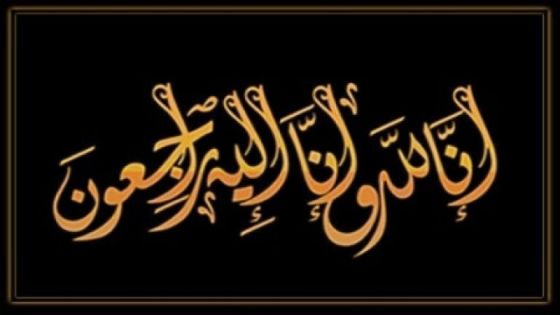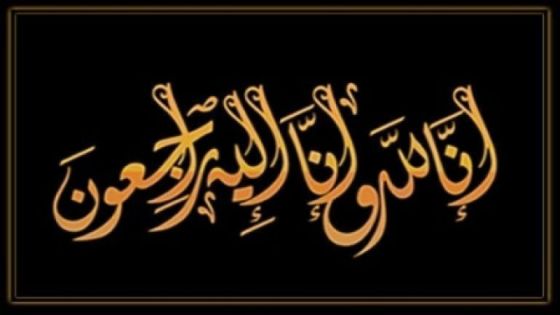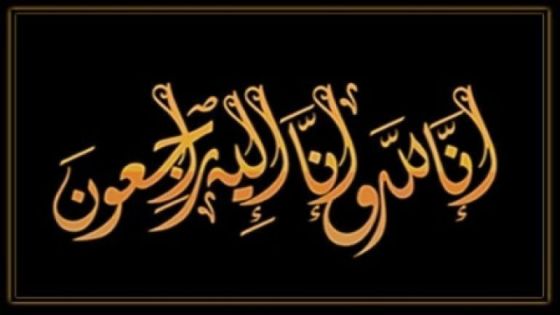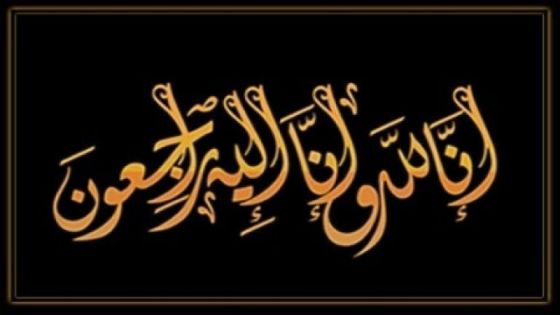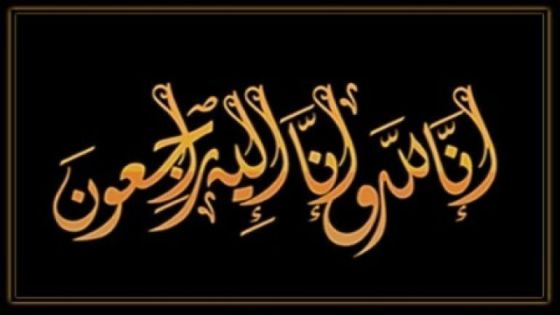Rula Samain
As we run our marathon in life, we learn that second chances are rare gifts, and since no one is ever able to rewind time, they should be given to few. And as such is the political reform process, keeping in mind that the Middle East has endured hardships on all levels, and looks like it is heading towards more tough times.
Nonetheless, with the call for reform, hopes are restored, but even optimism and hope have their limits — just like second chances.
While politicians dwell on “important matters,” setting up countless meetings and then some more, with minimal outcomes, many peoples’ patience has been running increasingly thin. What is needed has been discussed before and is luminous to both the political minority as well as the people.
Nevertheless, actual efforts on the ground have shown limited ability to make full use of our country’s rich resources, including renewable energy, agriculture and tourism.
I truly believe that we should all support any call for political reform, since it affects Jordanians from all walks of life, but when human dignity — the foundation of human rights — is under threat, and is gradually losing to elements such as anger, sorrow, and frustration, it only indicates that societies are facing grave challenges and changes. Such elements are visible in our daily life, and are frequently expressed on social media platforms with no boundaries or respect, which are encouraged in the name of freedom of speech and expression.
Thus, introducing reform in a chaotic world, needs a novel approach, and a new paradigm for the political minority, some of which are say much but don’t do much, and rush to appear on TV interviews to make more promises. All the while, the global financial and political challenges are growing, crises are increasing, competition is rising, meeting the demand is a struggle, and globalization is seen as a threat to many.
Meanwhile, a second chance or two will soon be wasted.
Why did we dedicate all this energy to seek reforms? And why is the term “political reform” a recurring theme in political life in almost all countries of the world? How can societies, and our society in particular, induce conceptualized ways of doing politics, and be able to practice it at the same time? But most importantly, are we truly seeking reforms or fighting for more power?
In reforms, we are aiming to achieve justice and restore the rights that have been violated, be it human, economic, social, or environmental, and mainly, we seek to enhance the effectiveness and rationality of peace and peacekeeping. Since the faltering of peace ethics will put societies at risk, who would dare ask for second chances then?













